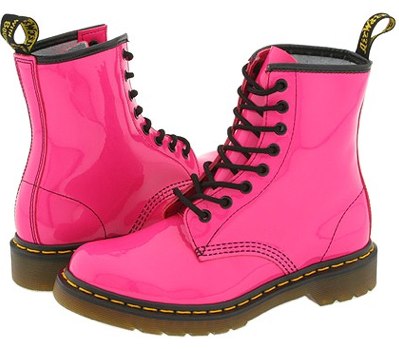1. "Why should one feel it to be intolerable unless one had some kind of ancestral memory that things had once been different?" This reminded me a lot of Siddhartha because the premise of that novel was sort of that Siddhartha was, at least for a time, trying to rid himself of desire, as is the Buddhist idea of enlightenment or nirvana.
2. "Ear trumpets for listening through keyholes! My little girl brought one home the other night--tried it out on our sitting room door, and reckoned she could hear twice as much as with her hear to the hole." I do not know what precisely an "ear trumpet" is, so my mind wandered to this:
0:40 Do it. Do it do it do it. Or don't. Your call.
3. "February your grandmother!" And here I thought Napoleon Dynamite was the source of all "your mom" jokes.
4. Also, I don't feel like citing every single time this happens, but I suppose I should use one. "The old man whom he had followed was standing at the bar, having some kind of altercation with the barman, a large, stout, hook-nosed young man with enormous forearms." Orwell gives a physical description of everybody. He usually comments on their hair color and physique, but this example is sort of an exception.




